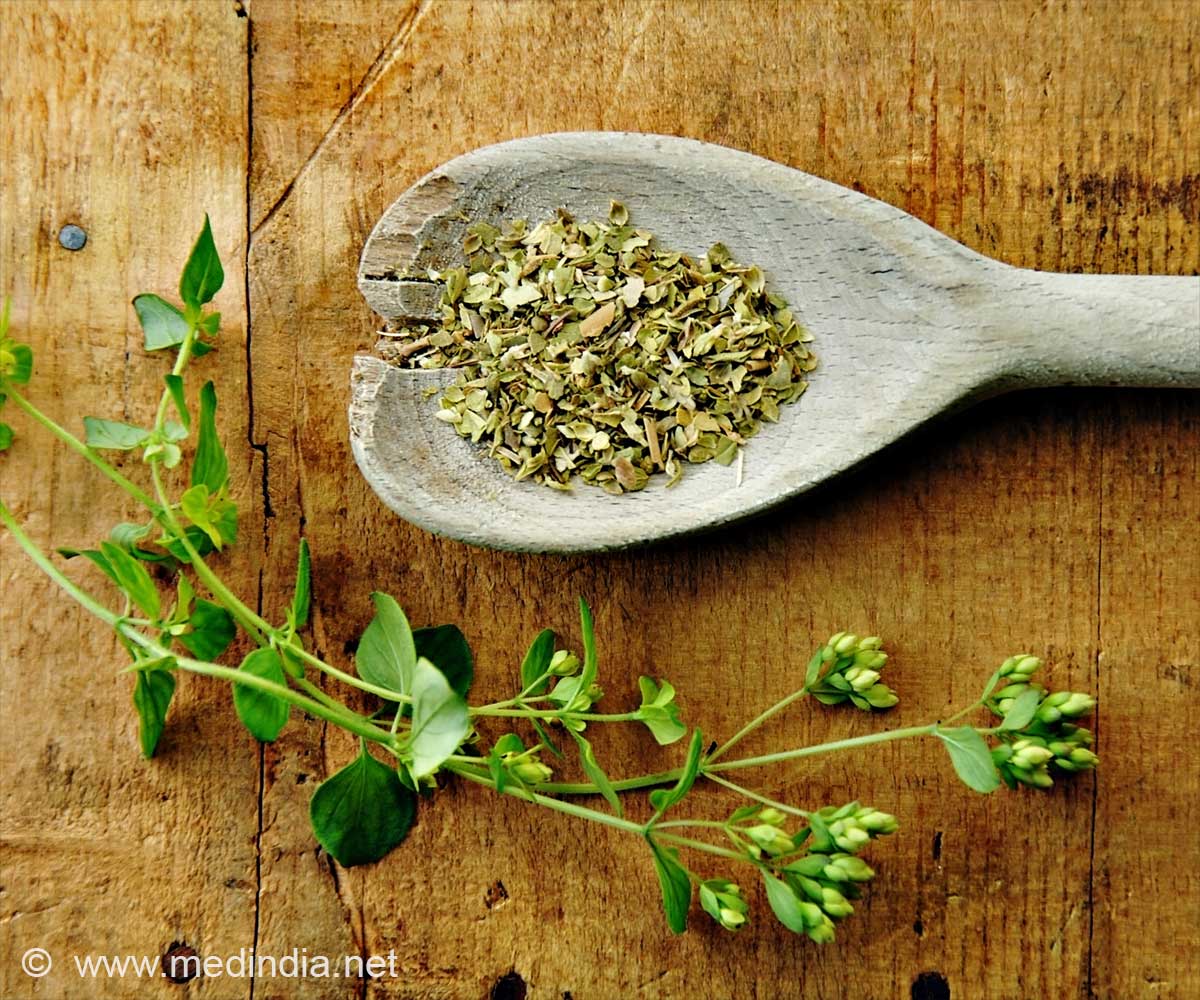Now, researchers of the University of Pittsburgh School of Medicine physician-scientists and UPMC patients have put an end to the convalescent plasma treatment in practice.
The research team after a clinical trial concluded convalescent plasma is a “futile” option for most critically ill COVID-19patients.The results are published in JAMA concurrent with the presentation at the European Society of Intensive Care Medicine’s annual meeting.
“There were biologically plausible reasons to turn to convalescent plasma early in the pandemic when hundreds of thousands of people were getting sick and treatments had yet to be discovered,” said co-lead author Bryan McVerry, M.D., associate professor of pulmonary, allergy, and critical care medicine at Pitt and a UPMC intensivist.
“Unfortunately, it was either being administered outside of clinical trials or in trials that weren’t focused on critically ill patients, slowing our ability to see if it worked. Finally, with these results, we can put an end to using convalescent plasma for our sickest COVID-19 patients and focus on treatments that we know work, as well as developing and testing better ones.”
Thousands of patients in hundreds of hospitals around the world by REMAP-CAP (Randomized, Embedded, Multifactorial, Adaptive Platform Trial for Community-Acquired Pneumonia) to quickly determine which COVID-19 treatments work best in which patients. More than 400 UPMC patients have enrolled so far.
REMAP-CAP has discovered that inexpensive steroids are effective in helping critically ill patients, while blood thinners are effective in helping the moderately ill. REMAP-CAP enrolled 2,011 adults hospitalized with severe COVID-19 in the convalescent plasma trial. They were given the option of receiving two units of convalescent plasma or none at all. Then they were observed to see if they can survive for the successive three weeks, without any ventilator or special support.
Adequate data were collected in the trial to prove with 99% certainty that convalescent plasma was not helping COVID-19 patients who had been critically ill.
Strikingly, a small group of immune-compromised individuals (126 patients) responded favorably to the convalescent plasma treatment. Nonetheless, the number of people who have shown a slight improvement is grossly inadequate to conclude.
“It could be that patients with an impaired immune system, who are unable to mount an effective immune response, could still benefit from the antibodies present in blood plasma from COVID-recovered patients, especially early on in the illness,” said corresponding author Lise Estcourt, M.D., an associate professor of hematology and transfusion medicine at the Oxford University’s Radcliffe Department of Medicine and director of the U.K.’s National Health Service Blood and Transplant Clinical Trials Unit. “This is something that warrants investigation.”
The researchers were not able to conclude why the convalescent plasma treatment did not produce favorable outcomes in the COVID-19 patients who are critically ill. Too few high-quality antibodies in the plasma-induced could be a reason stated the research head, Derek Angus, M.D., M.P.H., chief innovation officer at UPMC and chair of the Department of Critical Care Medicine at Pitt. Dr. Derek says, however, the treatment might be used to treat patients, with early stages of the illness.
Source: Medindia



